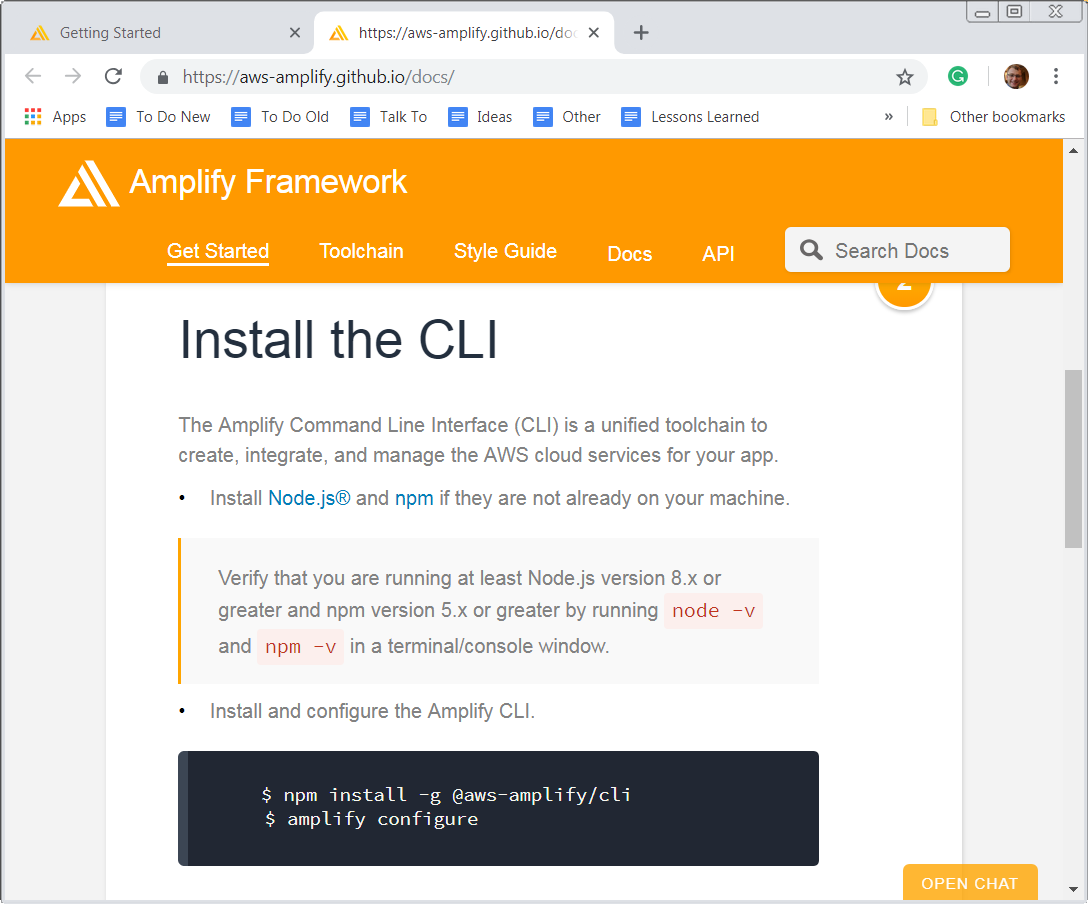
Reference Furukawa, Cipriani, Cowen, Leucht, Egger and Salanti9 Restricted cubic splices perform better when the knots are placed at doses where the outcome changes. Reference Harrell29 It was also used for a previous dose–effect meta-analysis of antidepressants for MDD.

We used cubic splines with three knots as it is the smallest number required and to avoid overfitting, known to occur if there are few data points and many knots. We modelled the dose–effect relationship with restricted cubic splines with three knots. We used the maximum dose of aripiprazole as the representative value for flexible-dose arms, because it is determined prior to randomisation and the result can be interpreted as the effect of starting the treatment with the intention to prescribe up to that maximum dose. Given the clinical and methodological heterogeneity likely present in the included studies, we used a random-effects model. We aimed to summarise the currently available evidence with the use of dose–effect meta-analysis to inform this clinical question. Finding the optimal target dose enables clinicians to use aripiprazole augmentation effectively and safely. It may also eventually result in some patients receiving too low a dose to be effective and some patients receiving too high a dose that only increases the risk of adverse events without additional benefits. Reference Taylor, Marwood, Oprea, DeAngel, Mather and Valentini14 Such a wide range would be confusing and unhelpful for clinicians considering initiating aripiprazole augmentation. Of note, the dose range of aripiprazole recommended in the guidelines was very wide, ranging from 2 to 15 mg. Reference Luan, Wan, Zhang and Zhao16– Reference Komossa, Depping, Gaudchau, Kissling and Leucht18

It remains one of the best-studied augmentation agents, Reference Carter, Strawbridge, Husain, Jones, Short and Cleare13 and several meta-analyses of randomised controlled trials have established its overall benefits. 15 It is the only antipsychotic augmentation agent approved for MDD in Japan as of 2021. Reference Taylor, Marwood, Oprea, DeAngel, Mather and Valentini14 Aripiprazole is the first atypical antipsychotic approved for augmentation treatment of adults with antidepressant-refractory depression in the USA and recommended by National Institute for Health and Care Excellence (NICE) guidelines in the UK.

Reference Carter, Strawbridge, Husain, Jones, Short and Cleare13 A systematic review of treatment guidelines for MDD published in the English language found that all the ten identified guidelines recommend augmentation with atypical antipsychotics such as aripiprazole, quetiapine, risperidone, olanzapine and brexpiprazole. Reference Bschor, Kern, Henssler and Baethge11 Across-class antidepressant combination Reference Henssler, Bschor and Baethge10 and switching, Reference Papakostas, Fava and Thase12 however, remain promising, and pharmacological augmentation with various non-antidepressant agents has been confirmed. Reference MacQueen, Santaguida, Keshavarz, Jaworska, Levine and Beyene6 Recent meta-analyses showed no evidence of clinical benefits of dose escalation, Reference Rink, Braun, Bschor, Henssler, Franklin and Baethge7– Reference Furukawa, Cipriani, Cowen, Leucht, Egger and Salanti9 combination Reference Henssler, Bschor and Baethge10 or switching in general.

In case of inadequate response, clinical guidelines have traditionally recommended considering dose escalation of the first antidepressant, switching to another antidepressant, combining with another antidepressant, or augmenting with a second agent other than antidepressants. Reference Cuijpers, Noma, Karyotaki, Vinkers, Cipriani and Furukawa2 Although there are dozens of effective antidepressants available, Reference Cipriani, Furukawa, Salanti, Chaimani, Atkinson and Ogawa3 only about 35% of patients achieve symptomatic remission with the first antidepressant treatment Reference Rush, Trivedi, Wisniewski, Nierenberg, Stewart and Warden4, Reference Kato, Furukawa, Mantani, Kurata, Kubouchi and Hirota5 and treatment of those with inadequate response remains a critical clinical question. 1 Pharmacotherapy is an important evidence-based treatment. Major depressive disorder (MDD) is one of the leading causes of disability worldwide.


 0 kommentar(er)
0 kommentar(er)
